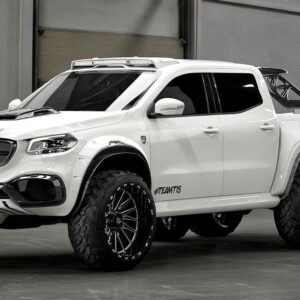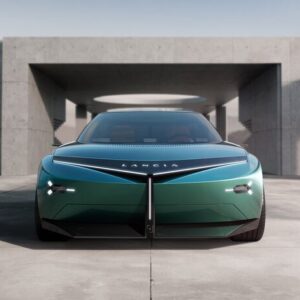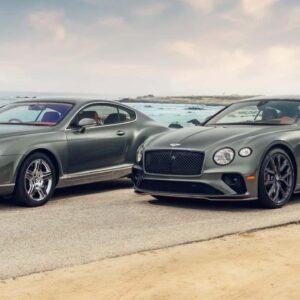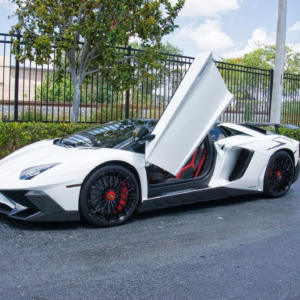Sometimes you’ve gotta lose money to make money—at least that’s what Ford is hoping.

The American automaker announced Thursday that it’s expecting to lose about $3 billion this year in its electric-vehicle division, The Wall Street Journal reported. That’s up from the $2.1 billion the EV business lost last year and the $900 million it lost in 2021.
But the massive losses are all in service of making Ford’s EVs profitable in the future. The company’s CFO, John Lawler, emphasized that it’s normal for a new business to accrue losses, referring to the EV division as a “start-up”. “Start-ups lose money as they invest in capability, develop knowledge, build volume, and gain share,” he said during a media briefing.
Currently, Ford sells three battery-powered cars in North America: the F-150 Lightning, the Mustang Mach-E, and a plug-in cargo van. As it works to compete with Tesla, the current leader in the EV market, it’s going to be ramping up production, resulting in some of the greater losses. For example, Ford has several new factories in the works, including two battery-cell plants in Kentucky and one in Tennessee, plus a new space focused on making electric trucks. That’s all in service of reaching an annualized production rate of 2 million EVs and an operating profit margin of 8 percent by the end of 2026.
The EV announcement came as part of a larger restructuring in the way Ford reports it finances. Previously, profits and losses were divided by region, but now the marque will divvy up numbers based on business unit: Model E (EVs), Ford Blue (traditional internal-combustion-engine vehicles), and Ford Pro (commercial vehicles).
While EV losses may be mounting, the other Ford sectors have seen increased profits in recent years. Ford Blue tallied operating profits of $6.8 billion last year, more than double 2021 numbers. And Ford Pro clocked $3.2 billion in operating profits in 2022. In total, the automaker is forecasting overall operating profits of $9 billion to $11 billion this year, even with the EV losses.
Last year, Ford CEO Jim Farley said the marque had looked into spinning off at least one of its business units, but ultimately decided against doing so. Sounds like that’ll pay off in the future, at least as far as Ford’s bottom line is concerned.





